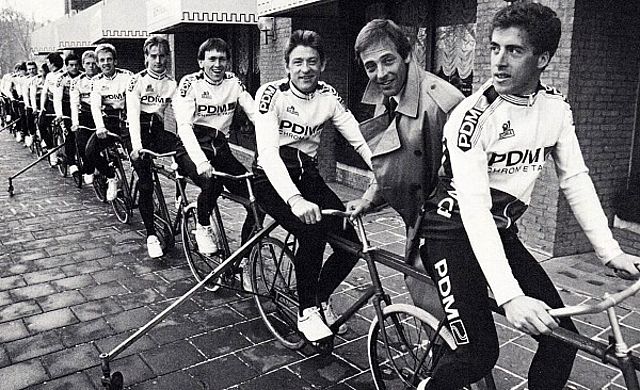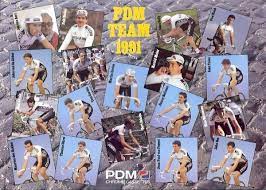Orwell Wheelers, piccola bottega di grandi sogni

di CHRISTIAN GIORDANO © SAPPADA - Rainbow Sports Books © in esclusiva per Panache magazine © Un negozietto di bici. È lì che tutto è cominciato. Oltre sessant’anni fa. Una piccola bottega a Dundrum, ai piedi delle colline – che in Irlanda considerano montagne – dublinesi. Orwell Wheelers, dal nome della via – Orwell Road – e giocando a più livelli sulle parole: wheeler è un mezzo con le ruote, wheeler-dealer sta sì per rivenditore ma è anche un termine colloquiale per trafficone, maneggione, affarista; wheelie sta per moto o ciclo ed è anche l’impennata. Nata da un gruppo di amatori nell’inverno nel 1948, Joe Daly – come la sua bottega “Joe Daly Cycles” – l’ha gestita per mezzo secolo. Oltre ai figli – David, Paul e Francis – ci han corso Stephen Roche e, prima ancora, i primi mentori del futuro campione, Noel O’Neill e Paddy Doran . O’Neill, nel 1965, da campione nazionale su strada, aveva corso, ahilui «senza gamba», il mondiale basco di La...




